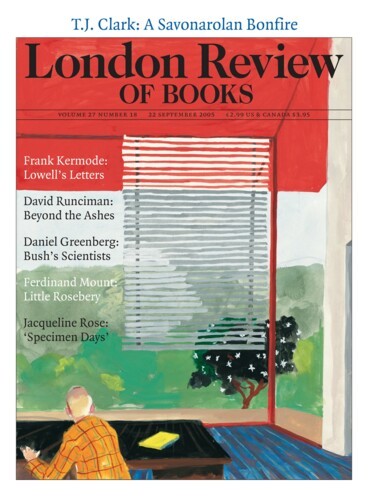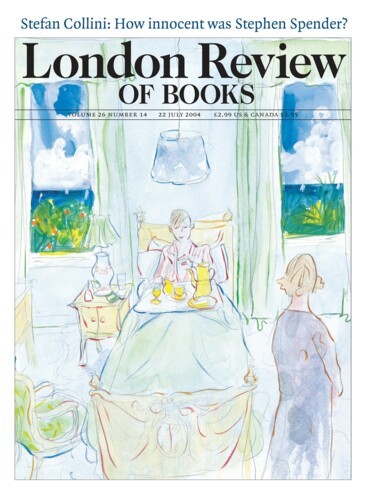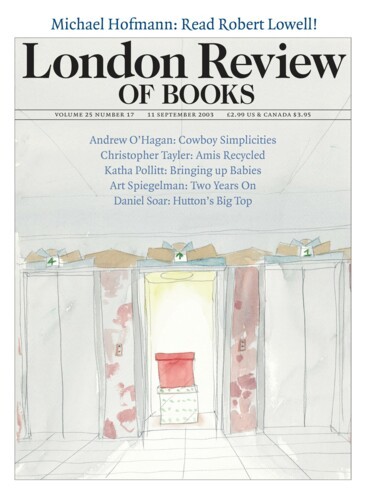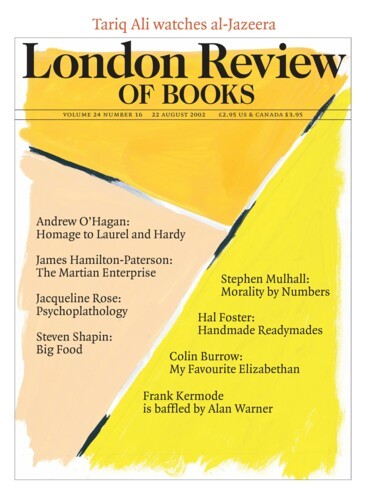God without God: How we can ground our values?
Stephen Mulhall, 22 September 2005
When Nietzsche’s madman tries to proclaim that God is dead, he soon realises that his intervention is premature. Although his audience already think of themselves as atheists, the madman sees that they don’t really understand what that means; self-comprehension is still on its way to them, like light from a remote star. Nowadays, many philosophers who take this aspect of...




